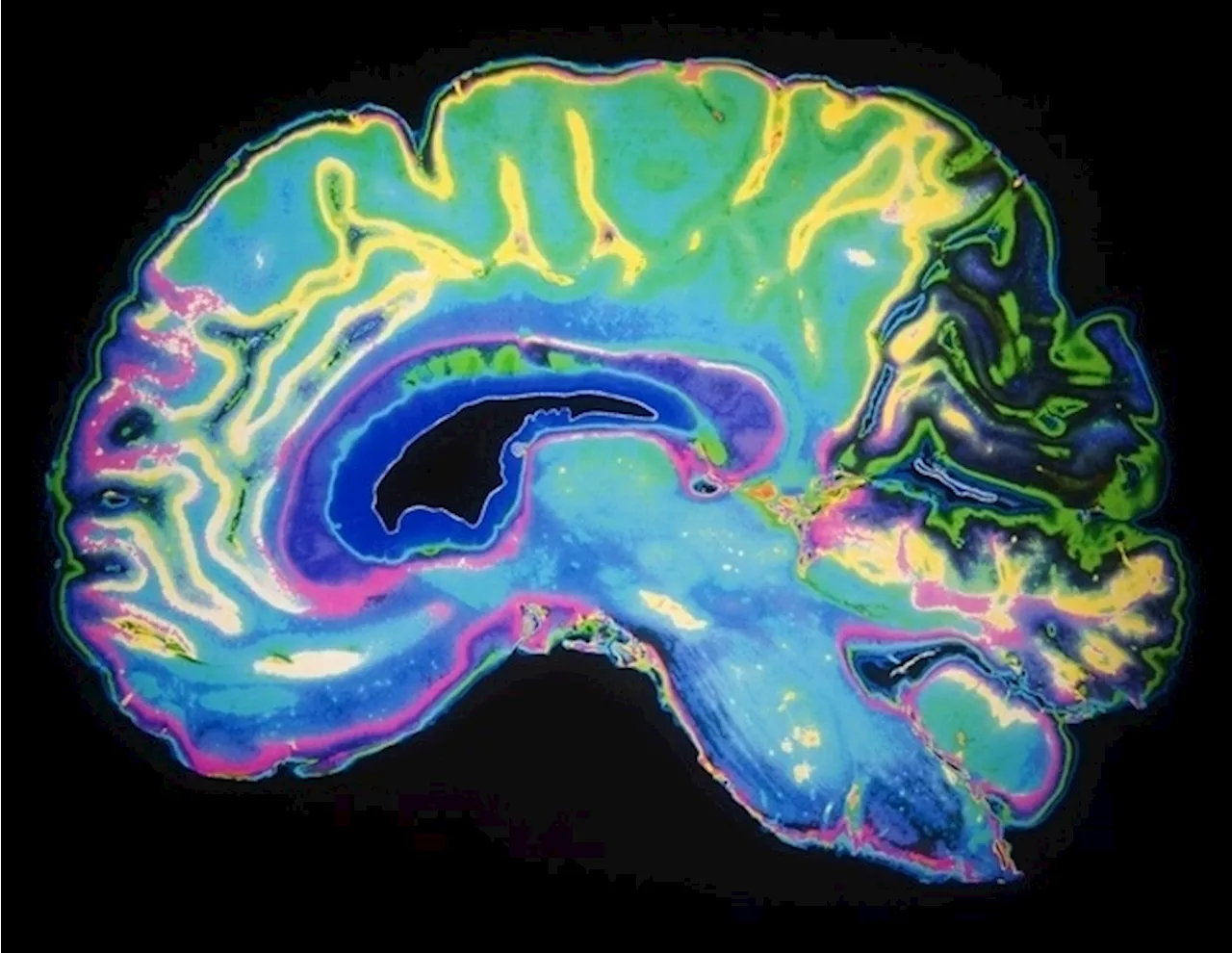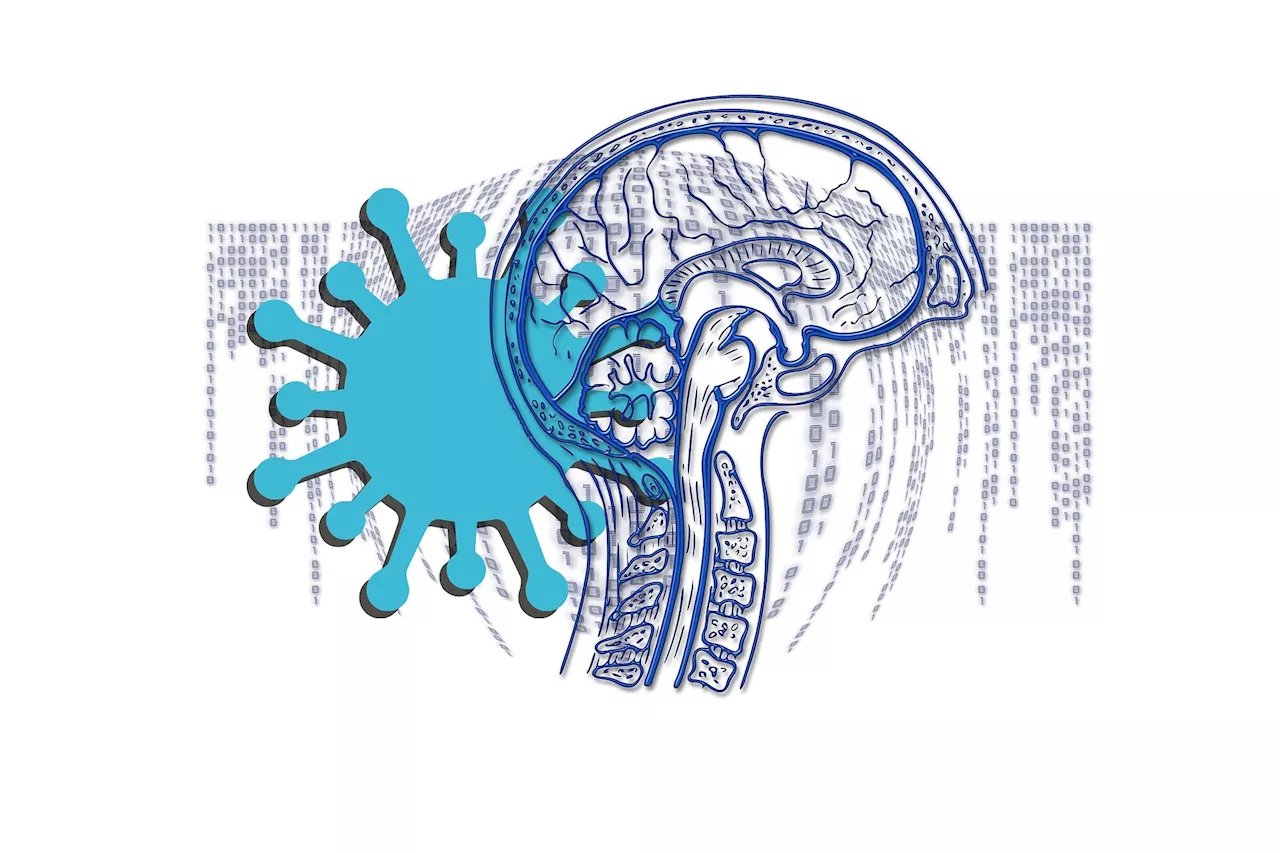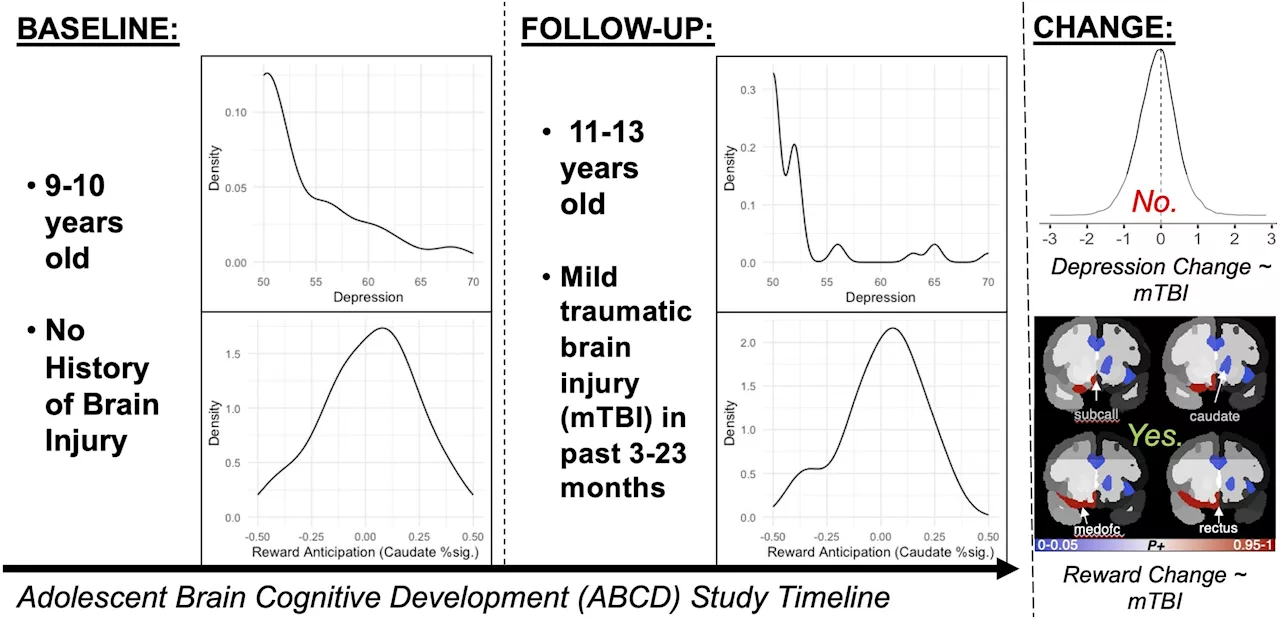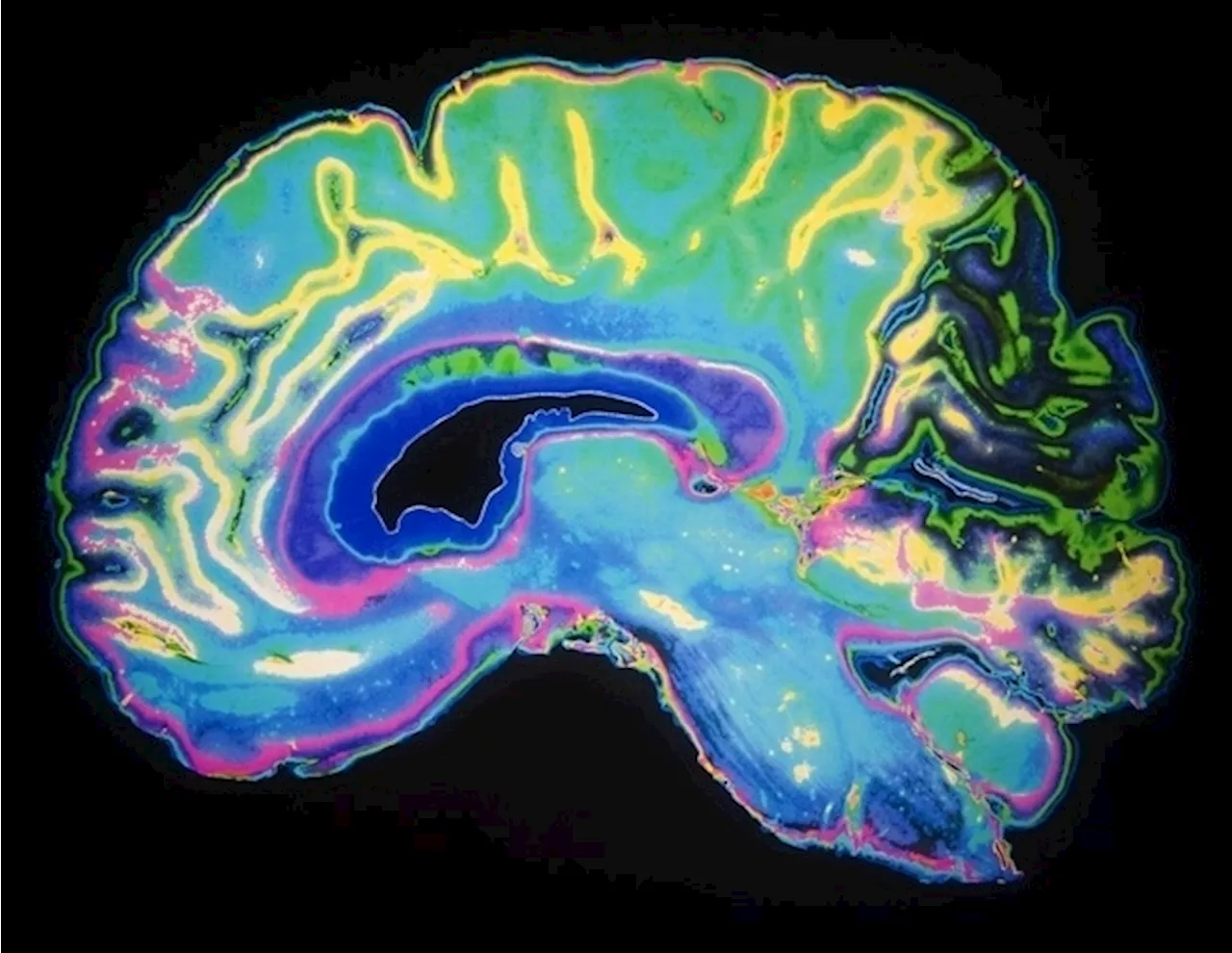Study reveals localized brain changes in adolescents and young adults post-COVID, including reduced hippocampal volume and disrupted connectivity, correlating with impaired working memory. These findings highlight the importance of understanding long-term cognitive effects of mild COVID-19.
By Dr. Sushama R. Chaphalkar, PhD.Reviewed by Susha Cheriyedath, M.Sc.Oct 3 2024 New research shows that mild COVID-19 alters brain structure and connectivity in key areas responsible for memory and cognition, emphasizing the lasting effects on young people’s brain health.
Background COVID-19, primarily known for respiratory symptoms, also affects the central nervous system, leading to neurological issues like headaches, anosmia, and cognitive changes. MRI-based studies reveal anatomical brain changes in COVID-19 patients, such as reduced gray matter and decreased volume in regions like the hippocampus and amygdala, often linked to cognitive deficits.
Given that this is the largest and most understudied population affected by COVID-19, understanding the brain and cognitive impacts in adolescents and young adults is vital. The present study involved participants from the Public Health Impact of Metal Exposure cohort, a longitudinal investigation of adolescents and young adults in northern Italy. Between 2016 and 2021, 207 participants, aged 13 to 25 years, were included in a sub-study with MRI scans and cognitive tests. After COVID-19 restrictions were lifted, 40 participants participated in a follow-up study, which replicated the MRI and cognitive assessments.
Statistical analysis involved the use of pairwise Student's t-tests, Kolmogorov–Smirnov test, linear regression, two-waves mediation analysis, negative binomial regression, and linear regression, all adjusted for covariates.
Brain Coronavirus Disease COVID-19 Amygdala Anosmia Central Nervous System Cognitive Function Coronavirus Cortex Hippocampus Imaging Magnetic Resonance Imaging Nervous System Olfaction Pandemic Psychiatry Research Respiratory
United Kingdom Latest News, United Kingdom Headlines
Similar News:You can also read news stories similar to this one that we have collected from other news sources.
 Human challenge study reveals lasting cognitive decline after mild COVID-19Researchers from the UK conducted the first human challenge study of SARS-CoV-2, revealing long-lasting cognitive deficits in unvaccinated participants infected with the virus, especially in memory and executive function.
Human challenge study reveals lasting cognitive decline after mild COVID-19Researchers from the UK conducted the first human challenge study of SARS-CoV-2, revealing long-lasting cognitive deficits in unvaccinated participants infected with the virus, especially in memory and executive function.
Read more »
 Study shows no increase in depression after mild TBI in adolescentsWith about 214,110 traumatic brain injuries (TBIs) and over 69,000 TBI-related deaths in 2021 according to the Centers for Disease Control and Prevention (CDC), understanding the physical and mental consequences of TBI is critical for study.
Study shows no increase in depression after mild TBI in adolescentsWith about 214,110 traumatic brain injuries (TBIs) and over 69,000 TBI-related deaths in 2021 according to the Centers for Disease Control and Prevention (CDC), understanding the physical and mental consequences of TBI is critical for study.
Read more »
 Mild initial clinical course seen for COVID-19 vaccine-linked myocarditisCOVID-19 vaccine-associated myocarditis (C-VAM) has a mild initial clinical course, but myocardial injury is common, according to a study published online in the October issue of eClinicalMedicine.
Mild initial clinical course seen for COVID-19 vaccine-linked myocarditisCOVID-19 vaccine-associated myocarditis (C-VAM) has a mild initial clinical course, but myocardial injury is common, according to a study published online in the October issue of eClinicalMedicine.
Read more »
 Large study offers latest insights into after effects of severe COVID-19 on the brainIn the U.K.'s largest study to date, researchers have come to a better understanding of the immediate and long-term impacts of COVID-19 on the brain.
Large study offers latest insights into after effects of severe COVID-19 on the brainIn the U.K.'s largest study to date, researchers have come to a better understanding of the immediate and long-term impacts of COVID-19 on the brain.
Read more »
 Traumatic brain injury research in youth suggests that mild TBI does not precipitate or worsen depressionWith about 214,110 traumatic brain injuries (TBIs) and over 69,000 TBI-related deaths in 2021 according to the Centers for Disease Control and Prevention (CDC), understanding the physical and mental consequences of TBI is critical for study.
Traumatic brain injury research in youth suggests that mild TBI does not precipitate or worsen depressionWith about 214,110 traumatic brain injuries (TBIs) and over 69,000 TBI-related deaths in 2021 according to the Centers for Disease Control and Prevention (CDC), understanding the physical and mental consequences of TBI is critical for study.
Read more »
 Brain measurements prove more accurate in predicting mild cognitive impairmentUniversity of Oklahoma researchers recently published a study showing that several measurements of the brain, including blood flow and the brain's ability to compensate for the lack of it, are better predictors of mild cognitive impairment than risk factors like hypertension and high cholesterol.
Brain measurements prove more accurate in predicting mild cognitive impairmentUniversity of Oklahoma researchers recently published a study showing that several measurements of the brain, including blood flow and the brain's ability to compensate for the lack of it, are better predictors of mild cognitive impairment than risk factors like hypertension and high cholesterol.
Read more »
